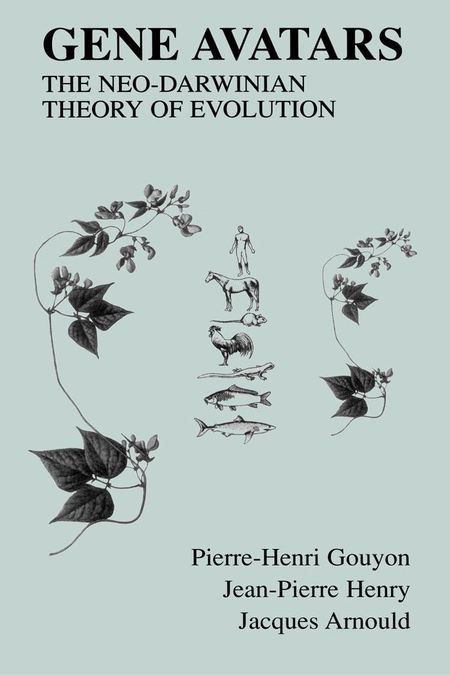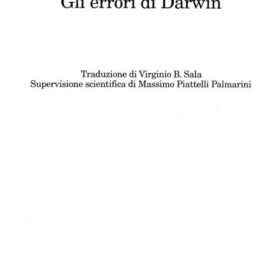Dunbar’s number is a suggested cognitive limit to the number of people with whom one can maintain stable social relationships. These are relationships in which an individual knows who each person is and how each person relates to every other person. This number was first proposed in the 1990s by British anthropologist Robin Dunbar, who found a correlation between primate brain size and average social group size. By using the average human brain size and extrapolating from the results of primates, he proposed that humans can only comfortably maintain 150 stable relationships. Proponents assert that numbers larger than this generally require more restrictive rules, laws, and enforced norms to maintain a stable, cohesive group. It has been proposed to lie between 100 and 250, with a commonly used value of 150. Dunbar’s number states the number of people one knows and keeps social contact with, and it does not include the number of people known personally with a ceased social relationship, nor people just generally known with a lack of persistent social relationship, a number which might be much higher and likely depends on long-term memory size. Dunbar theorized that “this limit is a direct function of relative neocortex size, and that this in turn limits group size … the limit imposed by neocortical processing capacity is simply on the number of individuals with whom a stable inter-personal relationship can be maintained.” On the periphery, the number also includes past colleagues, such as high school friends, with whom a person would want to reacquaint themself if they met again.
Gene Avatars: The Neo-Darwinian Theory of Evolution eBook
$14.00
- Delivery: Can be download immediately after purchasing. For new customer, we need process for verification from 30 mins to 24 hours.
- Version: PDF/EPUB. If you need another version, please Contact us
- Quality: Full page, full content, high quality images, searchable text and you can print it.
- Compatible Devices: Can be read on any devices (Kindle, NOOK, Android/IOS devices, Windows, MAC,..).
- e-Book Features: Purchase and read your book immediately, access your eTextbook anytime and anywhere, unlimited download and share with friends.
- Note: If you do not receive the download link within 15 minutes of your purchase, please Contact us. Thank you!









Reviews
There are no reviews yet.